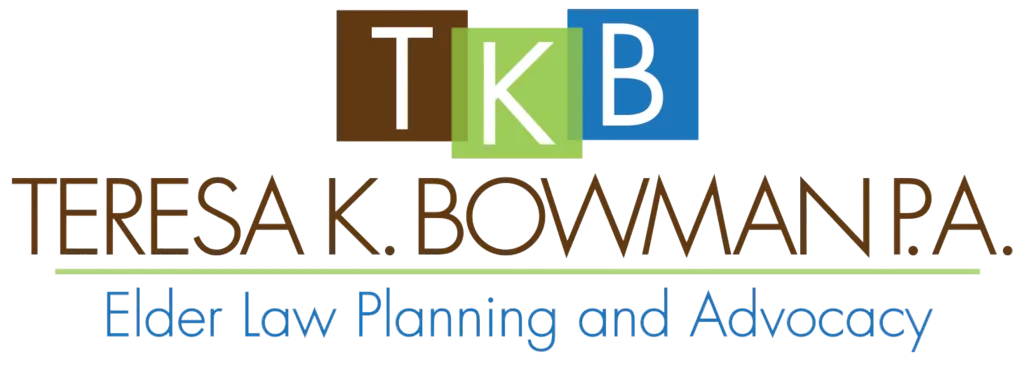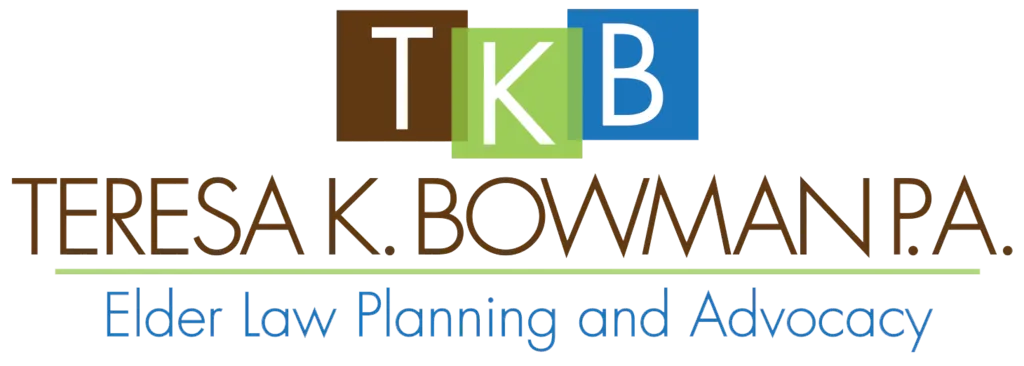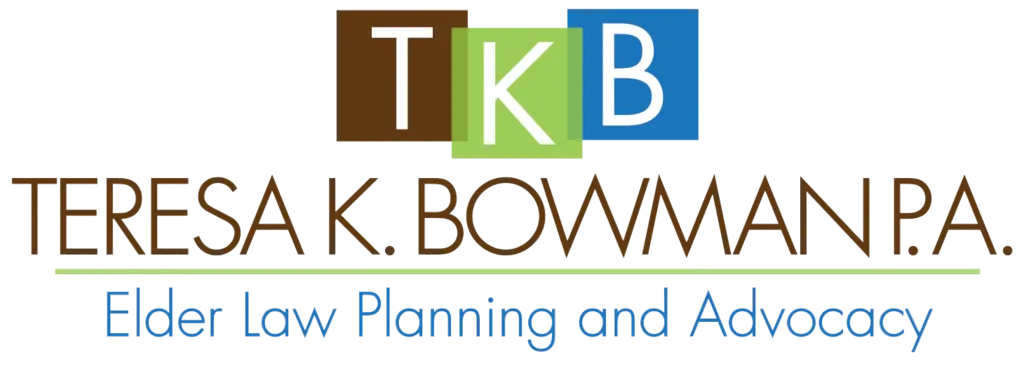Florida Special Needs Trust Lawyer Creates Plans to Support Relatives
Estate planning for your disabled family members in Sarasota and Osprey
Parents and grandparents of disabled children face difficult questions about the future. Addressing the financial concerns of special needs family members can be a challenge, but effective solutions do exist. At Teresa K. Bowman, P.A., I am a Florida special needs trust attorney with offices in Sarasota and Osprey. I work closely with clients seeking to provide financial support to loved ones without affecting their eligibility for government assistance. By crafting personalized legal instruments, I aim to relieve your stress and build a strong foundation for your loved one’s future.
Why is it important to have a special needs trust?
When you are responsible for a disabled child or adult, it’s important to remember you won’t be around forever. By forming a special needs trust, you can establish safeguards for your loved one after you’re gone that can include:
- Professional supervision of finances
- A regular allowance to cover non-food and shelter items that are not covered by government assistance programs
- Supplementing public assistance, such as Medicaid or Supplemental Security Income, without losing eligibility
As a Florida trust attorney, I understand the nuances of the law, and help my clients get the maximum benefit for their loved ones.
Common types of special needs trusts
As an elder law attorney with more than 15 years of experience in estate planning, I offer insights on reliable ways to assist your disabled loved one both now and in the future. Your options can include:
- Third-party trusts — This is a type of trust you create with your funds for the benefit of your loved one with special needs. The trust can pay certain expenses to enhance your loved one’s standard of living without threatening eligibility for Medicaid and Supplemental Security Income benefits. When a beneficiary dies, assets from these instruments are not subject to the payback provision from Medicaid. You can establish a third-party trust through your will, so it goes into effect at your passing, or you can set it up during your lifetime for present or future use.
- Self-settled trusts — In cases where an intended beneficiary has their own funds, then an individual with special needs, a parent, grandparent, guardian or the court can create this type of trust. This is a common method of dealing with a personal injury damage award, where an accident has left a victim in need of lifelong care. If assets remain in the trust after the beneficiary’s death, the government can attach those funds to satisfy a Medicaid lien.
- Pooled trusts — A pooled trust is a fund established and operated by a nonprofit organization for the benefit of those with special needs. Pooling the assets allows the trust to afford more professional management and to make more stable investments, but each beneficiary maintains a separate account. Beneficiaries remain eligible for government benefits, and assets remaining in the trust after their death revert to the government to satisfy Medicaid liens.
Trusts are very flexible instruments that you can tailor to your specific needs. I work closely with you to create a trust that achieves your goals for your loved one. If you have questions or concerns about other issues associated with special needs trusts, or your own long-term care planning, I am ready to offer knowledgeable, compassionate help.
Criteria for special needs trusts
A third-party trust has very few restrictions. However, a self-settled trust must follow six conditions imposed by the U.S. Congress:
- Funding — The trust must be funded from assets owned by the individual who is the beneficiary. A common source of funding is a personal injury settlement.
- Age — The beneficiary must be under age 65 at the time the trust is established and funded.
- Disability —The beneficiary’s disability must meet the definition contained in the Social Security Act.
- Sole benefit — The only beneficiary is the disabled grantor of the trust, who is the only individual who may receive a disbursement of funds.
- Eligibility of the establishing party —The trust can only be established by the individual, parent, grandparent, guardian or a court.
- Medicaid payback provisions — A special needs trust must contain a provision to repay the State Medicaid Agency for all amounts of medical assistance the beneficiary received.
Understanding and adhering to this criteria can be a challenge, but you can rely on my knowledge and experience to help you understand the various criteria for setting up a special needs trust.
Preserving government benefits
Benefits such as Medicaid, Social Security Disability Insurance and Supplemental Security Income can be vital to a disabled person’s quality of life. A trust holds funds for the individual, but those funds are not counted as the individual’s assets, so the trust does not disqualify the individual for assistance. Once the trust is established, gifts and inheritances can go into trust so they will not trigger disqualification. A qualified Florida special needs trusts attorney can work with you to help preserve your benefits.
Special needs trust administration
A trustee for a special needs trust is charged with several duties, including:
- Managing investments wisely
- Financial reporting
- Making appropriate and timely distributions
Choosing the right trustee is an important part of special needs planning, and requires thoughtful consideration.
Establishing and funding a special needs trust in Florida
There are various strategies for funding a special needs trust, including using the following:
- Personal injury settlements
- Insurance policies
- Real estate
- Retirement plans
- Personal assets or inherited assets
Some choices have tax consequences, so it’s important to get trustworthy advice from a knowledgeable estate planning attorney before choosing how you fund your trust.
Contact a dedicated Florida special needs trust lawyer for the assistance you need
At Teresa K. Bowman, P.A., I advise people in Sarasota and Osprey on the creation and administration of special needs trusts. To discuss your matter with a seasoned attorney, please call 941-735-0811 or contact my office online to schedule an appointment.



